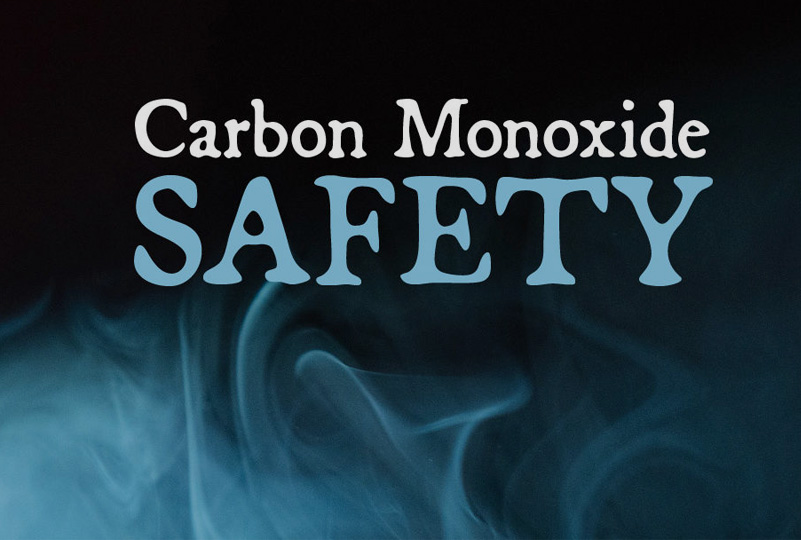In the United States, we observe November as Carbon Monoxide (CO) Awareness Month.
But every business owner should be fully aware of the dangers of this colorless, odorless, poisonous gas at all times.
In a restaurant, issues with CO can be caused when the kitchen exhaust system stops. When by-products of combustion do not properly exhaust outdoors through the kitchen hood exhaust system, CO can circulate through the restaurant, exposing employees and customers to dangerous levels of the gas.
This situation could lead to a host of issues for the business, including the danger of illness or death, evacuation, loss of revenue during the discovery and repair period and other financial hardships.
Not an easy fix
The Medford Wellington Service team recently worked with a local restaurant where the kitchen exhaust fan had essentially disintegrated. The issue was that the 900-pound exhaust fan was located several floors above the restaurant, and a host of other businesses and building occupants could be affected.
Once we were able to inspect the fan, we quickly realized how bad it was. The duct work on the top was completely shredded. The shaft connecting the motor to the blower assembly collapsed, causing catastrophic failure, which led to complete shutdown of the kitchen exhaust system. It doesn’t get to that point without tremendous wear and tear that has been left unattended and gone unnoticed.
After learning that it would be impossible to disassemble and remove the fan internally, we would need to employ the help of a crane. We had to perform the work at 5 a.m. so as not to disturb the other businesses located close to the work site. We needed to lift the old fan off the roof and place the new one in the correct spot. It took a lot of coordination to make it happen. We needed welders, sheet metal experts, electricians and other trades experts. We had to work closely with the business owner, the landlord and city officials for such things as adhering to noise ordinances. The logistics surrounding the project became very complex.
The cost of neglect
The lesson learned here was that routine maintenance can help prevent such issues. In the case of an exhaust fan operating several floors above, you aren’t always going to see the start of a problem. But scheduled, proactive maintenance and proper monitoring could have mitigated the damage and called for a less intense fix to a problem.
A more proactive approach would have also prioritized safety and continuity of operations. An event like this also financially affects employees, distributors and supporting vendors.
Bottom line
Relying on experts to oversee such equipment would have saved the company money in the short term and in the long term.

